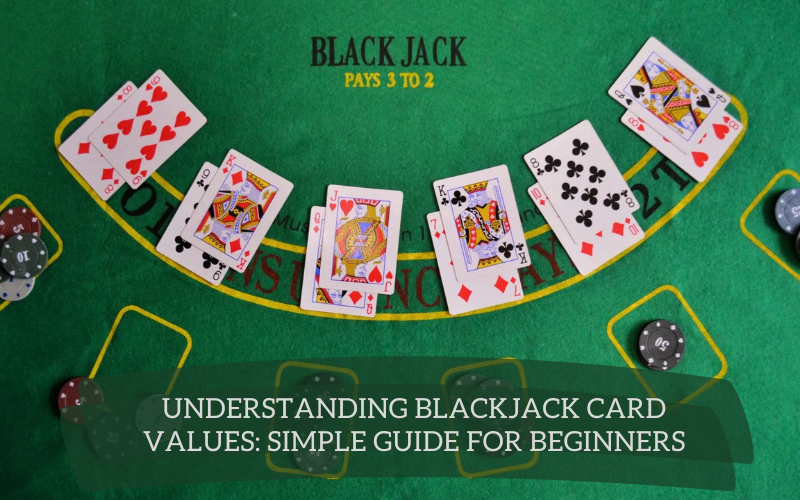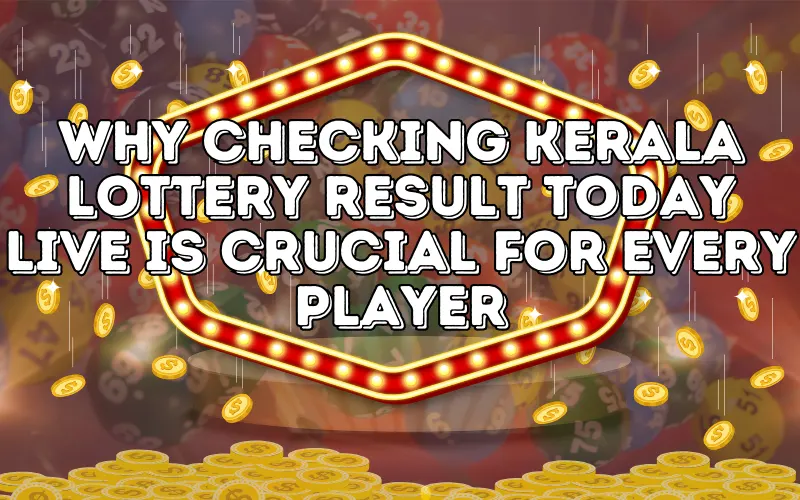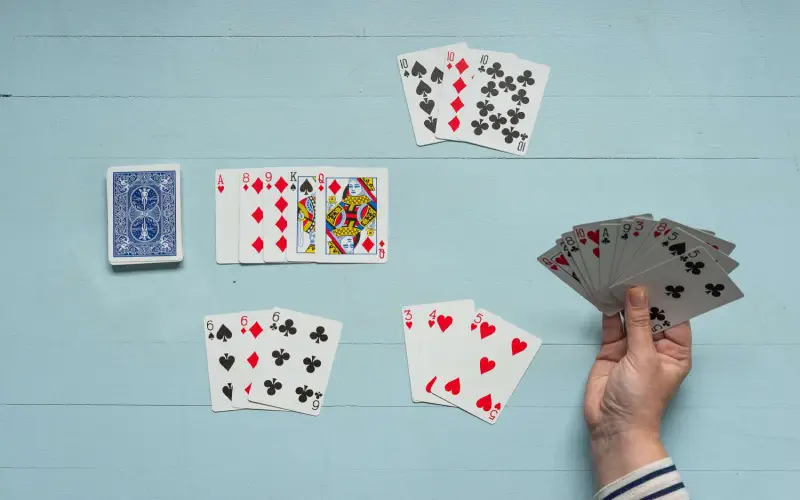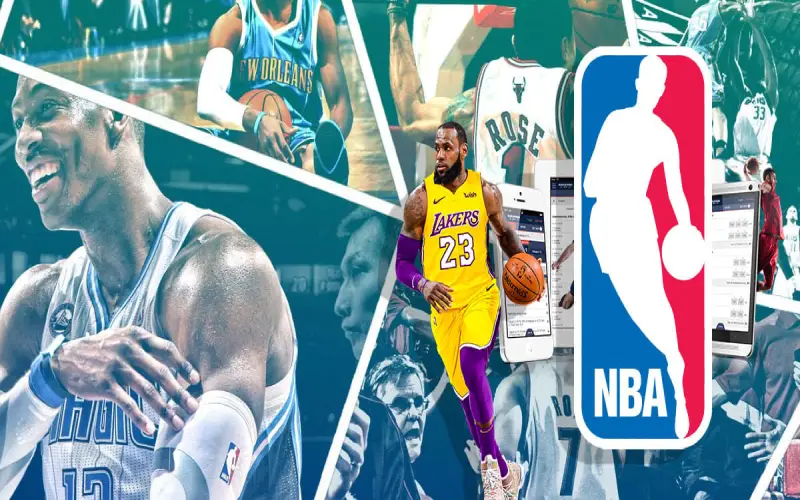Blackjack is one of the most popular card games around the world. It is a game of skill and strategy, but one of the most essential elements of the game is understanding blackjack card values. If you don’t know how much each card is worth, it becomes impossible to make the right decisions during the game.
In this article, we will break down the values of each card in blackjack, so even those with little experience can easily follow along. Once you understand the blackjack card values, you’ll have a better grasp of how to play the game and increase your chances of winning.
The Basics of Blackjack
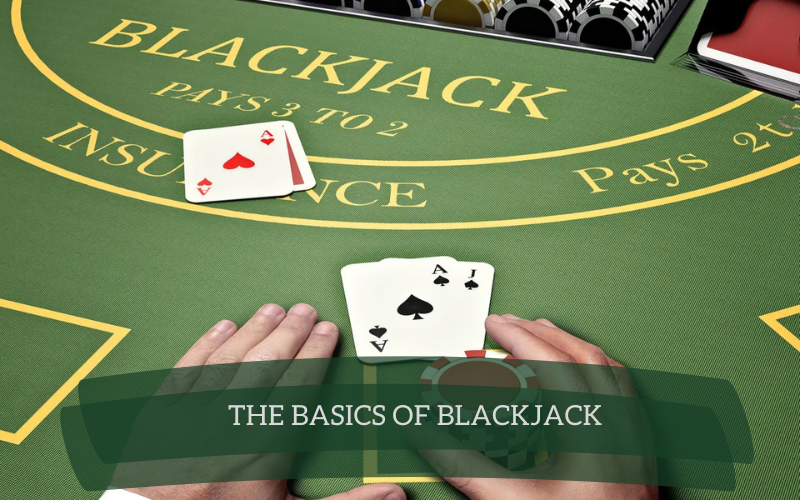
In blackjack, the goal is simple: get a hand value as close to 21 as possible without going over. To do this, you need to know the blackjack card values so you can count your total accurately. Blackjack is usually played with one or more standard decks of cards, and the values assigned to each card are crucial to your strategy.
How Card Values Work in Blackjack
Every card in blackjack has a specific value, and they are broken down as follows:
- Number cards (2 to 10): These cards are worth their face value. For example, a 2 is worth 2 points, a 5 is worth 5 points, and so on.
- Face cards (Kings, Queens, and Jacks): All face cards are worth 10 points each.
- Aces: The ace is special because it can be worth either 1 point or 11 points, depending on what is better for your hand. For example, if you have a 5 and an Ace, the Ace would be counted as 11 to give you a total of 16. However, if counting the Ace as 11 would cause your total to go over 21, you can count it as 1.
Understanding these simple blackjack card values is key to forming your game strategy.
Blackjack Card Values and Winning Strategies
Once you’ve mastered the basics of blackjack card values, you can start using this knowledge to improve your overall strategy. Here are some key tips to keep in mind:
Know when to hit or stand
When you’re dealt a hand, knowing the blackjack card values helps you decide whether to ask for another card (hit) or keep your current hand (stand). If your hand totals 16 or less, it’s generally a good idea to hit. If your hand totals 17 or more, you should stand.
Take advantage of soft hands
If you have a soft hand (a hand with an Ace), you have more flexibility. You can be more aggressive with hitting, knowing that the Ace can switch from 11 to 1 if needed.
Be aware of the dealer’s upcard
Part of using blackjack card values effectively is watching what card the dealer has. If the dealer has a low card (2 to 6), they are more likely to go bust, so you can play conservatively. If the dealer has a high card (7 to Ace), you may need to take more risks by hitting.
Avoiding Busts in Blackjack
One of the key risks in blackjack is going over 21, which is called a bust. If you bust, you automatically lose the hand, regardless of what the dealer has. To avoid busting, pay close attention to your hand total and the blackjack card values. If your hand is close to 21 (like 18 or 19), it’s usually better to stand rather than risk going over by hitting.
Doubling Down and Splitting Pairs
Knowing the blackjack card values also helps when it comes to making advanced moves like doubling down and splitting pairs.
- Doubling Down: This is when you double your bet after being dealt your initial cards, but you only get one more card. It’s a good move when you’re confident that the next card will give you a strong hand, like if you have a total of 10 or 11.
- Splitting Pairs: If you’re dealt two cards of the same value (like two 8s), you can split them into two separate hands and play each one individually. This can be a great way to take advantage of favorable blackjack card values, especially if the dealer has a weak upcard.
See more: Play Lightning Roulette – Exciting Live Casino Game with Big Wins
Conclusion
Understanding blackjack card values is crucial to becoming a successful blackjack player. By knowing how each card is valued, you can make better decisions, avoid busting, and take advantage of opportunities to double down or split pairs.

